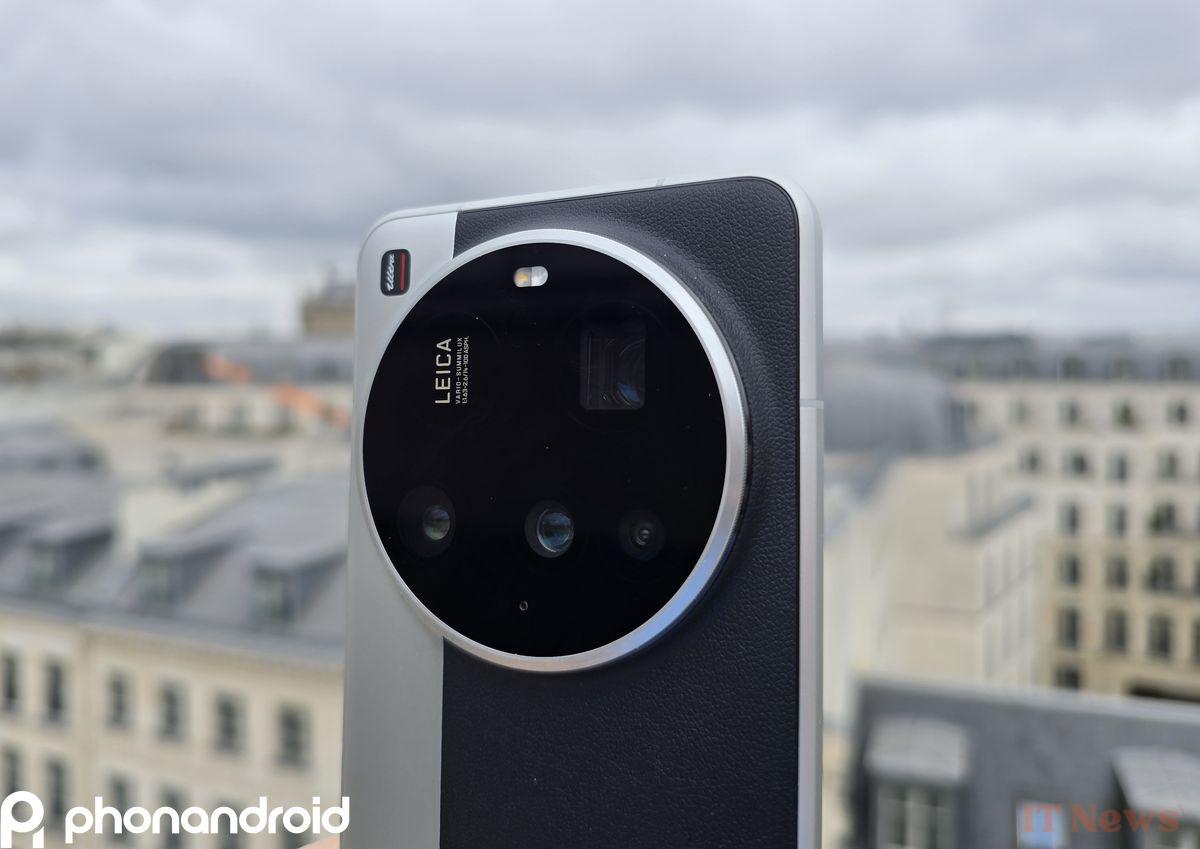Chinese smartphone brands are preparing a radical strategic shift. Their goal: to break away from Google and create their own operating system. A breakthrough that could shake up the global mobile market.
For over a decade, the majority of smartphones in the world have been based on Android, the operating system developed by Google. Whether for apps, updates, or services, manufacturers rely heavily on this ecosystem. However, this dependence is starting to pose a problem. Several Chinese giants are now seeking to regain full control of their products, both in terms of hardware and software.
According to XiaomiTime, a group of Chinese brands, including Xiaomi, Oppo, Vivo and OnePlus, are considering launching an alternative to Android, completely independent of Google. This initiative would aim to create its own operating system, designed and controlled locally.
Xiaomi could be the first to launch, as soon as its HyperOS 3 is released, paving the way for a new generation of smartphones without Google services. Other manufacturers would then follow, pooling their efforts to create a common ecosystem.
Xiaomi, Oppo, and Vivo plan to replace Android with a home-grown system without Google
This project is rooted in Huawei's precedent. In 2019, the brand was excluded from the Google ecosystem by the United States, accusing it of representing a national security risk. In response, the company developed HarmonyOS, a system based on Android but entirely autonomous. Today, this system boasts more than one billion active users and more than 20,000 compatible applications. The existence of this alternative demonstrates that a localized system can work, at least on a large scale in China, where the use of the American OS's services is already very limited.
With the return of Donald Trump to the presidency of the United States and the resurgence of trade tensions with China, other brands are anticipating a possible scenario similar to Huawei's. By relying on a common solution, they hope to reduce their dependence on Google while maintaining their presence on the international market.
But this transition remains risky: outside this country, users expect immediate access to Google applications, Play Store services, and a stable system. If the initiative fails to attract outside the Asian market, it could slow down their growth.




0 Comments